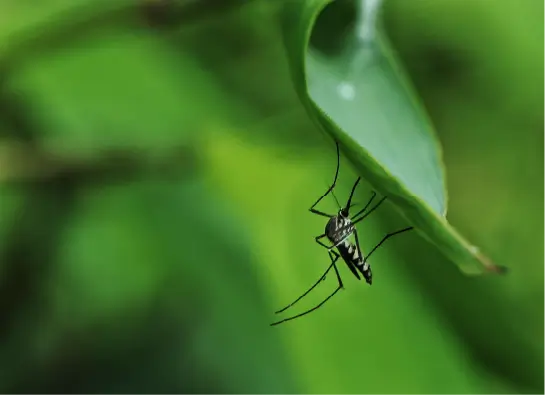Cases of mosquito-borne diseases such as dengue are increasing in Europe due to climate change creating warmer conditions that help the spread of invasive mosquitoes. In 2023, 130 local dengue cases were reported in the EU and EEA area, compared to 71 cases in 2022. The number of imported cases also increased significantly, with 4,900 cases in 2023, the highest number since the start of EU monitoring in 2008.
Other mosquito-borne diseases, such as West Nile virus, have also seen a significant spread. Aedes albopictus and Aedes aegypti mosquitoes, which transmit viruses such as chikungunya and Zika, are spreading across northern, eastern and western Europe, with stable populations in some EU countries and outlying regions such as Madeira and the French Caribbean.
To combat these diseases, health agencies recommend coordinated measures such as the use of insecticidal nets and indoor spraying, as well as simple measures such as removing standing water from gardens and personal efforts to reduce the risk of mosquito bites.
Climate change is having a major impact on mosquito populations around the world. According to a study published in the journal Nature Microbiology, by 2050, the two main disease-spreading mosquitoes – Aedes aegypti and Aedes albopictus – will expand significantly, endangering 49% of the world's population. In particular, Aedes aegypti and Aedes albopictus mosquitoes are rapidly spreading into new territories due to global warming and accelerated urbanization.
This situation underlines the need for awareness and preventive measures to prevent the spread of mosquito-borne diseases in Europe, as climate change continues to affect environmental conditions.






